About Us
Cape and Islands Emergency Medical Services System has a proud history of serving the Emergency Medical Providers on Cape Cod for 50 years.
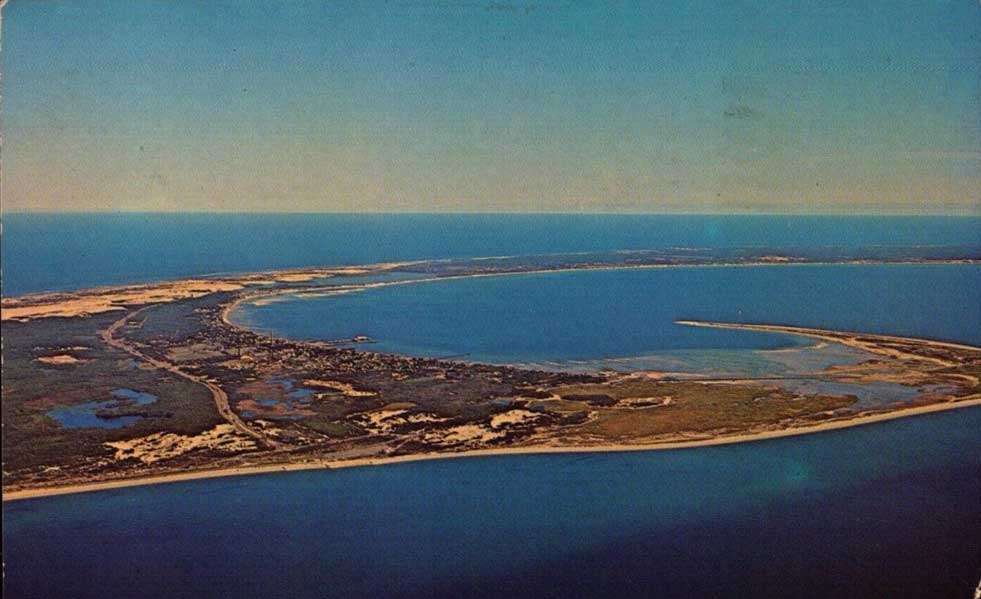
Drs. Bremer and Riggen organized town officials and fire and police chiefs in what has been called the “greatest feat of common good” to ever be accomplished on Cape Cod: the creation in 1974 of the non-profit Cape & Islands Emergency Medical Services System, Inc., or CIEMSS.
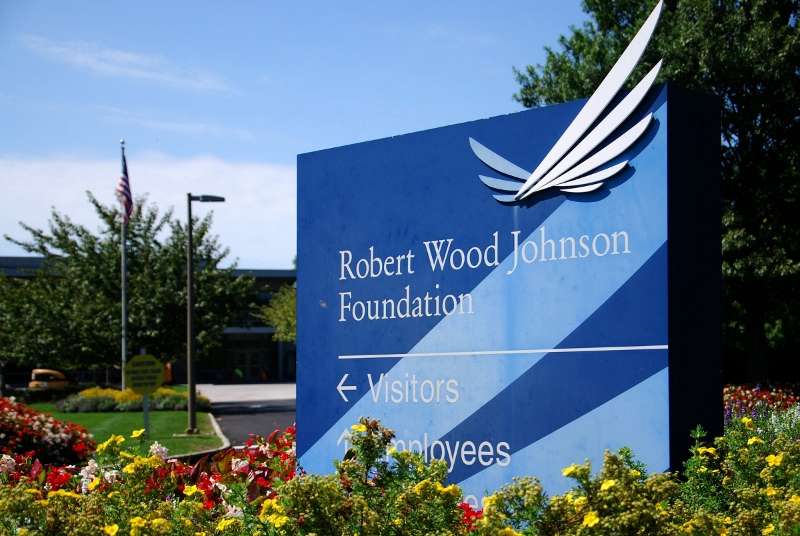
The Robert Wood Johnson Foundation announces an award of $304,181 for the purpose of building a medical telecommunications system throughout Cape Cod and the Islands.
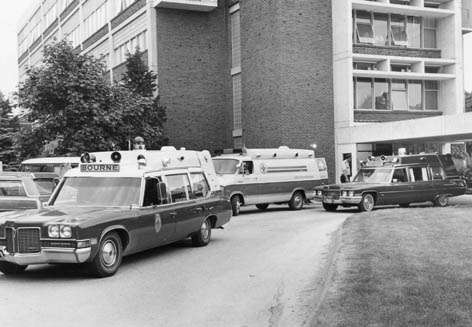
The first class of Paramedics on Cape Cod graduates
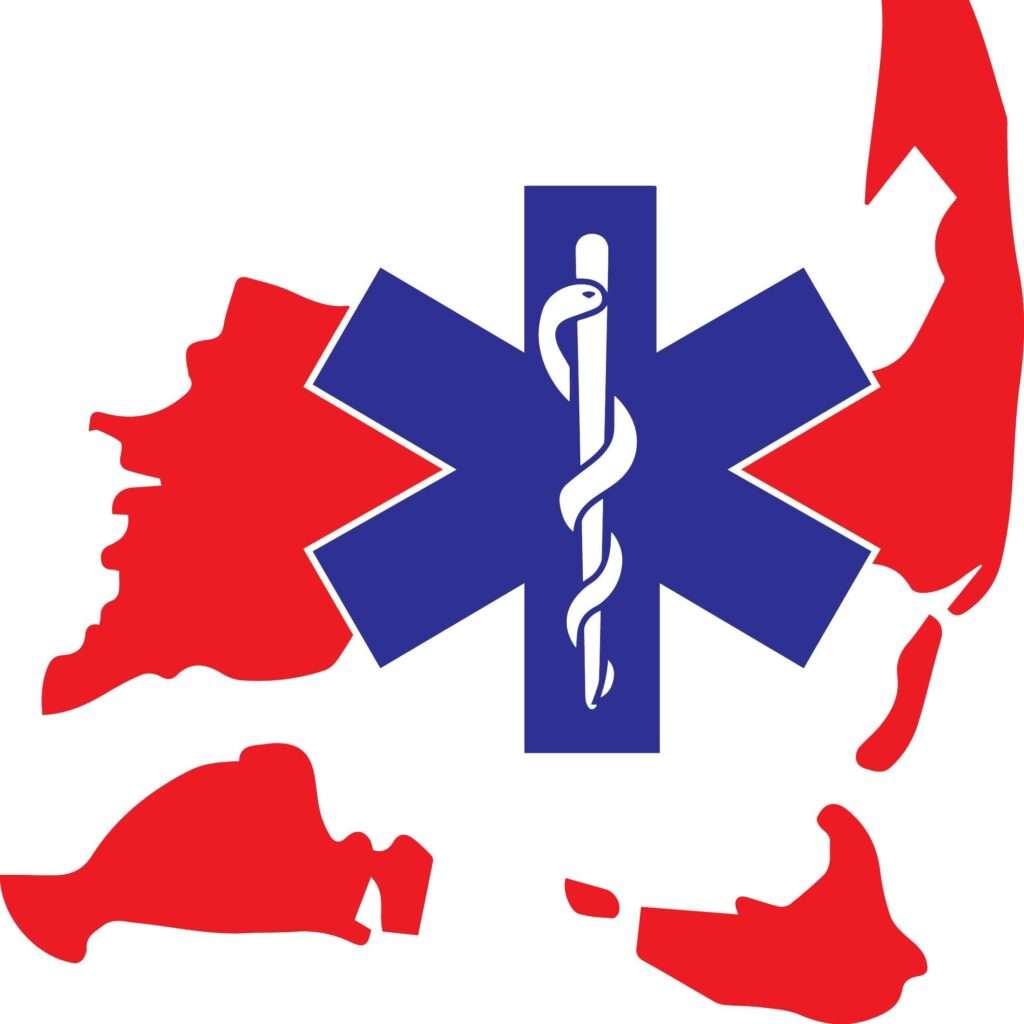
The original Cape and Islands EMS planning Committee is renamed to Cape and Islands Emergency Medical Services System, Inc.
Mission Statement
“To reduce death and disability resulting from sudden or serious injury and illness on Cape Cod and the Islands through planning, development and delivery of a comprehensive, coordinated area-wide emergency medical services system, the presentation of superior training programs, and other technical assistance and support to enable the EMS community to provide the highest quality emergency medical care possible to those in need.”
Organizational Goals
The Cape & Islands EMS System will set standards of excellence as a leader in emergency medical services by: Providing exemplary and innovative teaching and training programs that produce health care professionals appropriately trained and qualified for the future;
Ensuring the consistent delivery of superior patient care by providing responsible medical direction, clear and appropriate standards of practice and a program of quality assurance and improvement that measures both individual and system performance.
- Improving the health and safety of the public we serve through outreach and involvement in community education programs for emergency medical services
- Assisting the EMS provider agencies of Cape Cod and the Islands by providing the highest quality resources and expertise to address local issues, while sensitive to their needs
- Actively involved in emergency medical services throughout Southeastern Massachusetts by membership on the Region 5 EMS Council.
- Positively affecting the emergency medical services provided to the citizens of Cape Cod and the Islands by actively participating in the guidance of and setting a positive direction for EMS activities at the State level
Striving at all times to exceed the needs and expectations of the medical community and our citizens in all that we do.
Our team
To learn more about our team please click the link below
Paramedic Pioneers
This story on Emergency Medical Services highlights what a special place Cape Cod is. The first paramedics in Massachusetts started practicing on the Cape in 1974 in what has been called the “greatest feat of common good” ever accomplished on Cape Cod.
Author – Kevin Morley
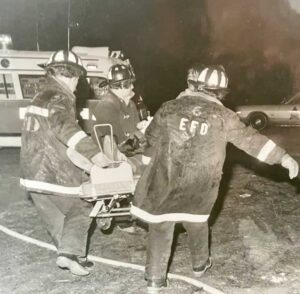
It was not always so on Cape Cod—or the rest of the country. A groundbreaking report published in 1966 by the National Academy of Sciences painted a bleak picture of the state of emergency medical care in the United States.
The report revealed that sick and injured citizens were transported to hospital in vehicles ranging from police cars to hearses in the care of minimally trained attendants.
In the early 1970s, Cape Cod was one of a handful of areas around the country to pioneer paramedic training. The Cape Cod effort was driven by two emergency department physicians: Dr. Lloyd Bremer at Cape Cod Hospital and Dr. Robert Riggen at Falmouth Hospital.
At the time there were no formal standards or training programs for paramedics, so the doctors created their own.
One of the early challenges was the need for a single-purpose radio system between the ambulances in the field and the hospitals, with a dispatch center in between. The doctors applied for and received a grant to fund the Centralized Emergency Medical Dispatching system, known as CMED. (CMED).
The foundation awarding the grant could not distribute the money directly to hospitals, private individuals or municipalities.
Undeterred, Drs. Bremer and Riggen organized town officials and fire and police chiefs in what has been called the “greatest feat of common good” to ever be accomplished on Cape Cod: the creation in 1974 of the non-profit Cape & Islands Emergency Medical Services System, Inc., or CIEMSS.
The first paramedics in the Commonwealth of Massachusetts began practicing on Cape Cod some four months later.
Working Both Sides
CIEMSS currently offers all the continuing education required for nearly 1000 paramedics, EMTs, and other public safety personnel from every community in Barnstable County.
By law, hospital Emergency Departments must assign an Affiliate Hospital Medical Director, or AHMD to work with CIEMSS. The AHMDs ensure that Cape paramedics and EMTs stay current with the latest technology and protocols.
Cape Cod and Falmouth hospitals have two of the best. In addition to their medical training, both physicians have experience on the other side of the emergency center door.
Jacob Crowell, MD, is the AHMD from Cape Cod Hospital and the CIEMSS Medical Director as well. A graduate of the University of Massachusetts Medical School, he is also a call firefighter, following in the footsteps of his grandfather, father and uncle.
Ryan Bemis, MD, a graduate of the University of Massachusetts Medical School, is the Falmouth Hospital AHMD.
Did You Know?
- The 15 fire departments in the Cape and Islands system logged 86,763 ambulance calls between 2013 and May 2015.
- Cape Cod Healthcare’s emergency centers in Hyannis and Falmouth handle around 133,000 patients per year and are the busiest in Massachusetts during the summer months.
- Emergency training has three levels: basic, advanced and paramedic. To become certified as paramedics, trainees log approximately 1,000 hours of classroom time, 400 hours of clinical training in the Emergency Center and other hospital departments and 200 hours of ambulance duty.
- Paramedics work under the medical license of their assigned Affiliate Hospital Medical Director.
